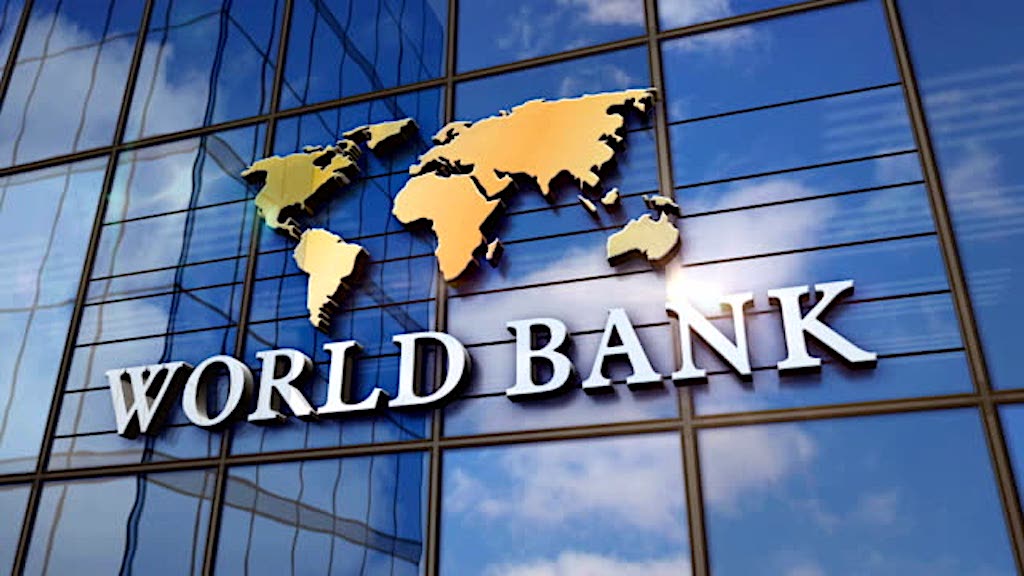NIGERIA has retained its position as the world’s third-largest debtor to the World Bank’s International Development Association (IDA), with its total obligations climbing to $18.2bn as of June 30, 2025.
The figure, contained in the IDA’s latest financial statements, represents a $1.7bn or 10.3 per cent jump from $16.5bn recorded in June 2024.
The IDA, which serves as the concessional lending arm of the World Bank, provides low-interest or interest-free loans and grants to low-income countries.
Although its loans typically carry long maturities and grace periods, Nigeria’s rising balance underscores both the scale of its financing needs and its heavy reliance on external concessional funding.
Globally, Bangladesh retained the top spot, with its debt rising from $20.5bn to $22.6bn in the 12 months to June 2025. Pakistan followed with $19.3bn, while Nigeria held third place at $18.2bn.
India, which in earlier years ranked higher than Nigeria, saw its IDA debt decline from $15.9bn to $14.2bn, while Ethiopia rounded out the top five at $14bn.
Other countries in the IDA’s top 10 borrowers include Tanzania ($13.7bn), Kenya ($13.0bn), Vietnam ($11.6bn), Ghana ($7.2bn), and Côte d’Ivoire, which entered the list with $6.2bn.
According to reports, Nigeria received at least $2.2bn in new IDA loans between July 2023 and June 2024 alone. In total, $3.9bn in concessional financing has flowed to the country from the IDA in the past two years under President Bola Tinubu’s administration.
This excludes borrowings from the World Bank’s International Bank for Reconstruction and Development (IBRD), its non-concessional window. As of March 2025, Nigeria’s IBRD debt stood at $1.24bn, unchanged from December 2024.
Data from Nigeria’s Debt Management Office (DMO) further showed that the country’s total World Bank debt stock stood at $18.23bn by March 31, 2025, representing 39.7 per cent of Nigeria’s total external debt of $45.98bn.
The World Bank Group now accounts for over 81 per cent of Nigeria’s total multilateral debt.
Dr. Muda Yusuf, an economist and CEO of the Centre for the Promotion of Private Enterprise, warned that while borrowing for development is not unusual, the key issue remains debt sustainability.
“Deficit financing is a normal feature of many economies. However, borrowing must be backed by sound economic reasoning and linked to projects that strengthen the economy’s capacity to repay,” he said.
Yusuf cautioned that over-reliance on foreign loans exposes Nigeria to exchange rate risks, noting that excessive external debt could weaken reserves and worsen the naira’s volatility.
He urged the government to ensure that loan-funded projects directly support revenue generation and economic growth, adding: “Nigeria must avoid the trap of borrowing to service existing debt, which would only perpetuate fiscal fragility.”
In the last two years, the World Bank has approved a total of $8.4bn in loans to Nigeria across 15 projects spanning energy, healthcare, education, rural infrastructure, and governance reforms.
Despite the concessional terms, analysts say the continued accumulation of such loans places Nigeria in a delicate position, where debt relief and fiscal discipline will be critical to maintaining long-term stability.







